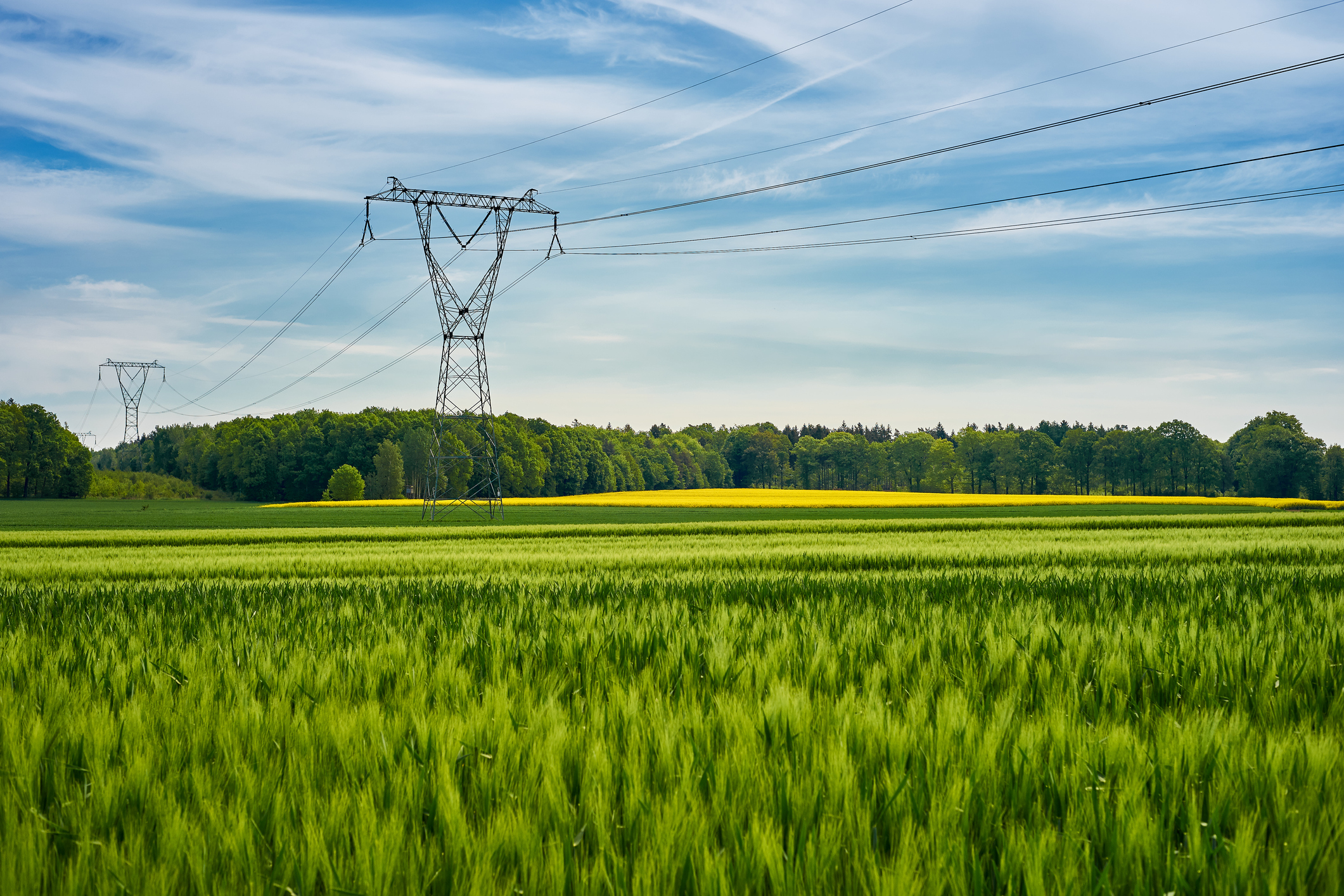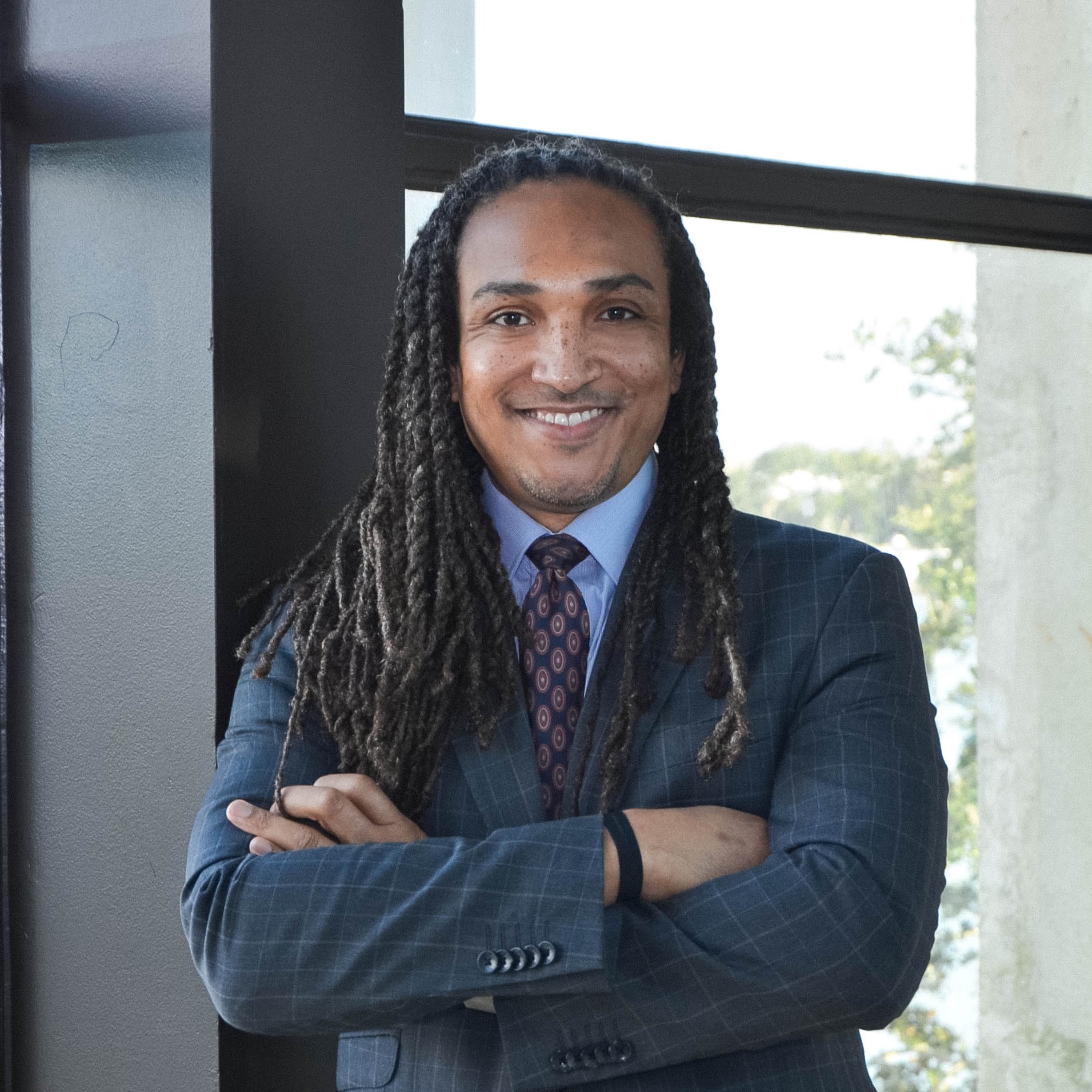One area of urban resilience New Orleans is focused on improving is within the electric grid. The electric grid is central to the web of interconnected systems that must operate resiliently to serve communities during times of extreme weather. From medical treatment to dry shelter, food, and clean water, nearly every service that residents depend on is heavily dependent on electricity. New Orleans’s immense challenges in the wake of hurricanes and their aftermath have been exacerbated by power outages and electric grid failures. This was most recently highlighted in August/September of 2021 when Hurricane Ida knocked out all eight transmission lines into the city. At least eleven people were reported to have died of heat exhaustion or carbon monoxide poisoning while trying to cool their homes, access to food was difficult, and gas for cars was in short supply, with low income and Black-neighborhoods particularly affected.
As storms and hurricanes happen more frequently and grow more intense, New Orleans recognizes that enhancing the resilience of its power grid infrastructure is essential to improving the overall resilience of its community. New Orleans will partner with FUSE Corps for one year to support the implementation of a pilot of microgrids, community resilience nodes, in areas of the city with a large number of infrastructure services. The FUSE Executive Fellow will engage with technical experts and community organizations to map out the processes, timeframes, and regulatory and financial interventions needed to bring 8-20 community resilience nodes to scale. This system of community resilience nodes will ultimately improve the capacity of individuals, communities, institutions, businesses, and systems to survive, adapt, and grow despite the chronic stresses and acute shocks of climate change.

